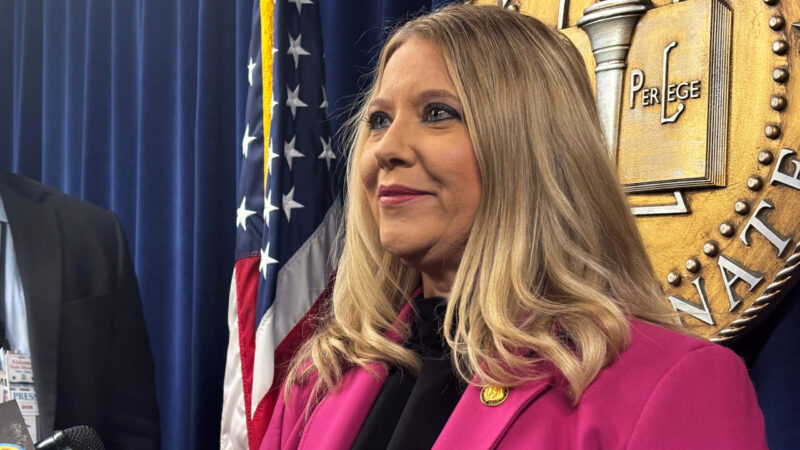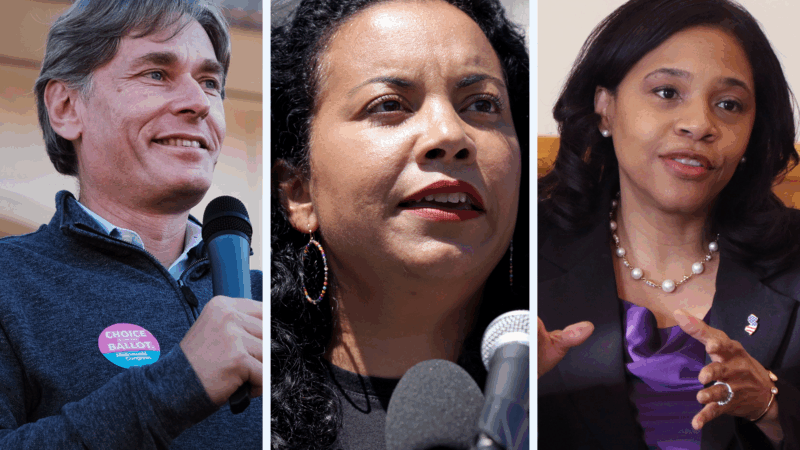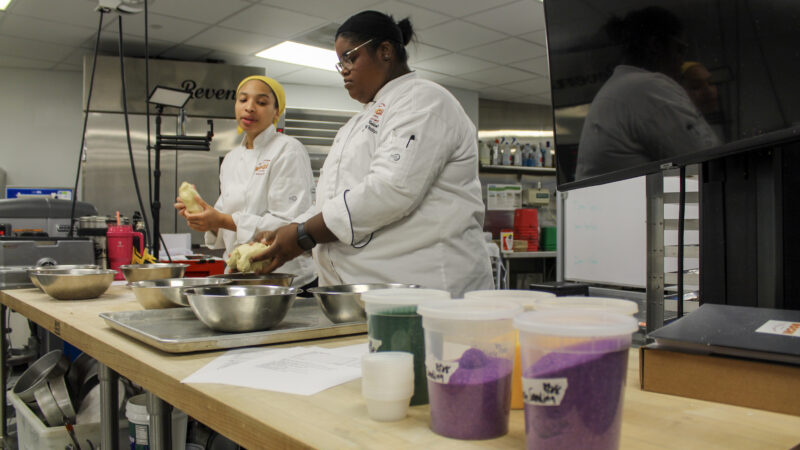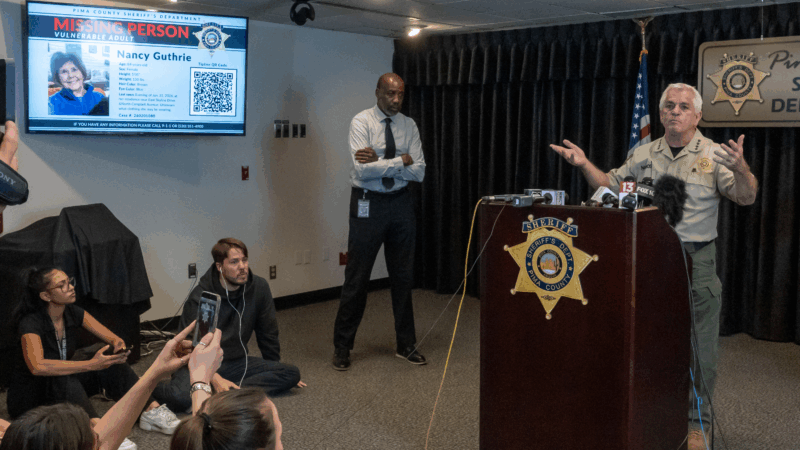Agencies Work to Reduce Alabama’s Infant Mortality Rate
Among Alabama’s often dismal public health statistics, this is perhaps the most heartbreaking: More than 500 infants died in the state in 2013.
“So, that’s nine school buses of children that will never reach their first birthday. They’ll never go to school,” says Rhonda Mann, policy and research director for Voices for Alabama’s Children.
Alabama’s infant mortality rate is one of the highest in the country. Mann says they’re several complicated causes behind Alabama’s high infant mortality rate. In response, local communities are banding together to save the lives of Alabamians.
Maria Hatch is part of that effort. She’s a community health resource worker for Building a Healthy Start, and she’s visiting Niekia Tripp. Tripp’s a hardworking single mom, living in an apartment in a nice neighborhood outside of Birmingham.
“How are you today?” asks Hatch. Tripp is busy, with a young child and newborn. The women’s rapport is obvious. Hatch even gives Niekia Tripp a mini-lecture on drinking too many Cokes.
“They’re always concerned about our well-being, how are we feeling today,” explains Tripp. “Maria has called me a couple of times, or just texted me, just to see how I was doing today. Am I OK, do I need anything? They’re just a Godsend.”
Hatch’s visit to Niekia Tripp is part of Healthy Start’s effort to help expectant and new mothers focus on a life and childcare, while offering counseling on proper nutrition and healthy life choices.
“We just don’t look at when they are pregnant,” says Ricky Green, executive director of Healthy Start. “We look at the whole family, which will include the male counterpart and the role that person plays.” He says their end goal is reducing Alabama’s infant mortality rate with a holistic approach.
Dr. Don Williamson, recently-retired state health officer for Alabama, says that’s a good place to start. “If you raise their economic status, they’re more likely to be healthier, they’re more likely to be healthier in their food choices, they’re more likely to get prenatal care, less likely to smoke.”
“It’s not a unique problem. Infant mortality is, more than anything else, a marker of the health care system. It’s a marker for the health of the population.” says Dr. Williamson.
He says the causes of high infant mortality rates are systemic. Lack of education, poverty and healthcare disparities are primary factors. Health insurance plays a vital role. In Alabama, the infant mortality rate for those with insurance is 6.8. That rate skyrockets to just under 23 for families with no insurance.
State health experts say it will take a significant change in the attitudes and behaviors of expectant mothers to decrease the state’s infant mortality rate, along with a monumental effort from state and local agencies.
“You can go pick one problem and deal with that, but at the end of the day, what you got to do is look at it as a system approach. Pick out the things you can fix, but recognize you have work with the underlying system,” Williamspn says.
Groups like Healthy Start and Jefferson Country Women Infant and Child, or WIC program, are doing just that.
Jeanne Baker is nutrition services coordinator for WIC. She’s working a booth at a recent baby fair at the Birmingham Civic Center.
“What kind of formula is he on?” she asks a new mother. Baker and her associates are spreading the gospel of the importance of proper nutrition. Dr. Don Williamson says these people on the ground critical to the state’s success.
It’s a problem that extends beyond the here-and-now.
“The challenge is that for the child born today, if they don’t live to their first birthday, we never know is that a future Einstein, is that a future Michelangelo, is that a future incredibly creative or important leader that could have transformed Alabama.” Williamson says. For him, the real issue around infant mortality is losing Alabama’s future.
Alabama seek to bring back death penalty for child rape convictions
Alabama approved legislation Thursday to add rape and sexual torture of a child under 12 to the narrow list of crimes that could draw a death sentence.
What a crowded congressional primary in N.J. says about the state of Democrats
The contest is one of the first congressional primaries of the year where we will find out what issues are currently resonating with some Democratic voters. Here are some key things to know.
At NOCHI, students learn the art of making a Mardi Gras-worthy king cake
With Carnival in full swing, the New Orleans culinary school gave its students a crash course — and a rite of passage — in baking their first king cake.
The Winter Olympics in Italy were meant to be sustainable. Are they?
Italy's Winter Olympics promised sustainability. But in Cortina, environmentalists warn the Games could scar these mountains for decades.
Their film was shot in secret and smuggled out of Iran. It won an award at Sundance
Between war, protests and government crackdowns, the filmmakers raced to finish and smuggle their portrait of Tehran's underground arts scene to the prestigious film festival.
Day 5 of search for Nancy Guthrie: ‘We still believe Nancy is still out there’
The FBI is offering a reward of up to $50,000 for information leading to the recovery of Guthrie and/or the arrest and conviction of anyone involved in her disappearance.






